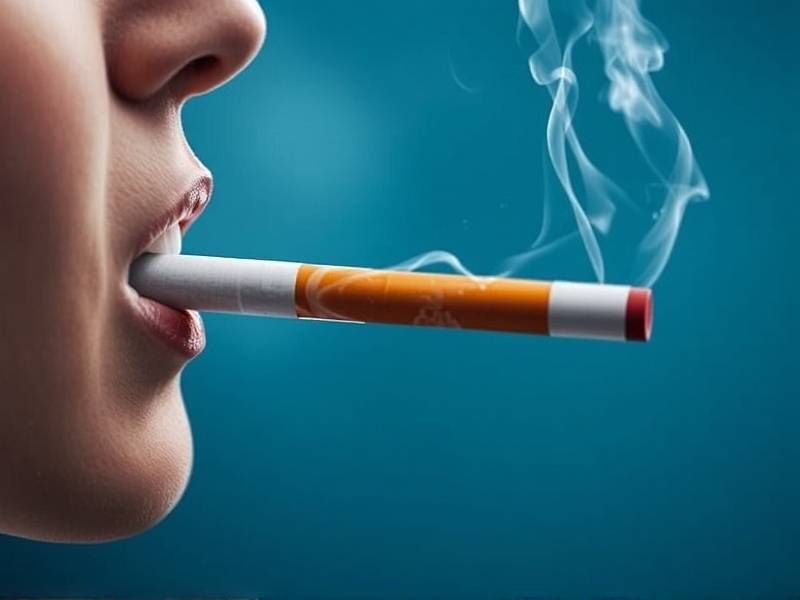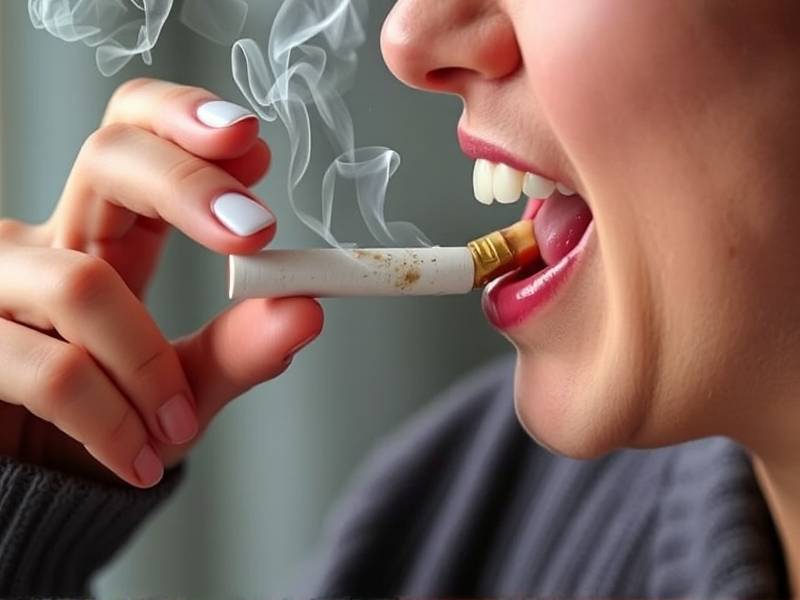How Does Quitting Smoking Affect Your Teeth? The Science Behind the Damage and Prevention
How Quitting Smoking Affects Your Teeth: The Science Behind the Damage and Prevention
Introduction
Smoking is a well-known health hazard, with numerous adverse effects on the body. One of the most overlooked aspects of smoking is its impact on oral health, particularly teeth. This article delves into how quitting smoking can positively affect your teeth, the science behind the damage caused by smoking, and effective prevention strategies.
The Damage Smoking Causes to Your Teeth
Discoloration
One of the most noticeable effects of smoking on teeth is yellowing or brown staining. This occurs due to the nicotine and tar in cigarettes, which adhere to the tooth enamel and cause it to discolor over time.
Tooth Decay
Nicotine reduces saliva production, which is crucial for maintaining oral health. Saliva helps to clean teeth by washing away food particles and bacteria. With reduced saliva flow, there's an increased risk of tooth decay.

Gum Disease
Smokers are more susceptible to gum disease than non-smokers. Nicotine restricts blood flow to the gums, making it harder for them to heal from inflammation or infection.
Tooth Loss
Advanced gum disease can lead to tooth loss. Smokers have a higher risk of periodontal disease, which can result in receding gums and eventual tooth loss.
The Benefits of Quitting Smoking for Your Teeth
Improved Gum Health
When you quit smoking, your gums begin to heal and become less inflamed. This reduces your risk of gum disease and helps maintain healthy teeth.
Decreased Risk of Tooth Decay
Quitting smoking can help restore saliva production, which aids in cleaning teeth and preventing decay.
Brighter Smile
As your gums heal and saliva flow returns to normal, you may notice that your teeth start looking whiter as stains are removed from your enamel.
Prevention Strategies for Protecting Your Teeth After Quitting Smoking
Regular Dental Check-ups
Regular visits to a dentist are essential for monitoring your oral health after quitting smoking. Dentists can provide professional cleanings and early detection of any potential issues.
Good Oral Hygiene Practices
Brushing twice a day with fluoride toothpaste and flossing daily are crucial for maintaining healthy teeth after quitting smoking.
Avoiding Harmful Substances
Avoid tobacco products as well as alcohol and caffeine, which can contribute to staining or further damage your teeth.

Conclusion
Quitting smoking not only improves overall health but also has significant benefits for oral health. By understanding the science behind the damage caused by smoking and taking proactive steps to protect your teeth after quitting, you can enjoy a healthier smile for years to come.
